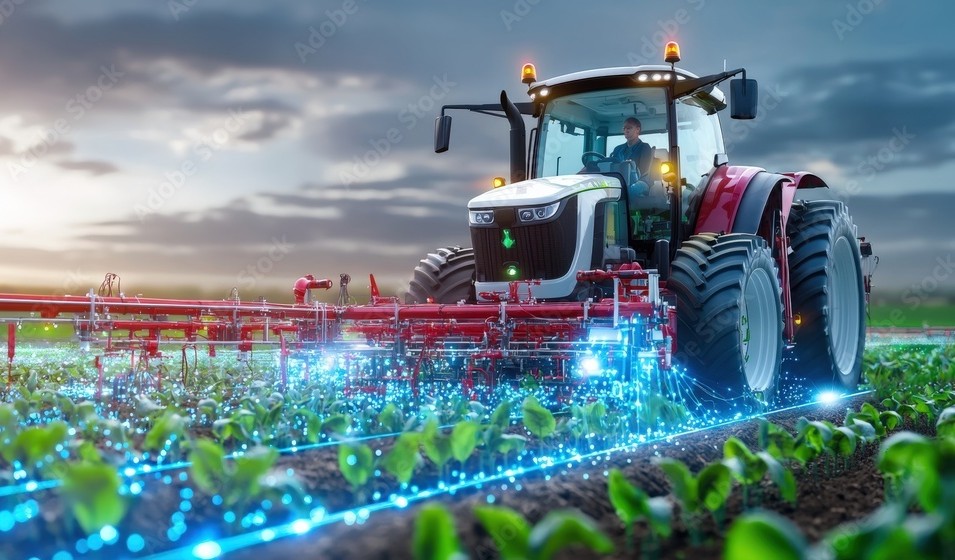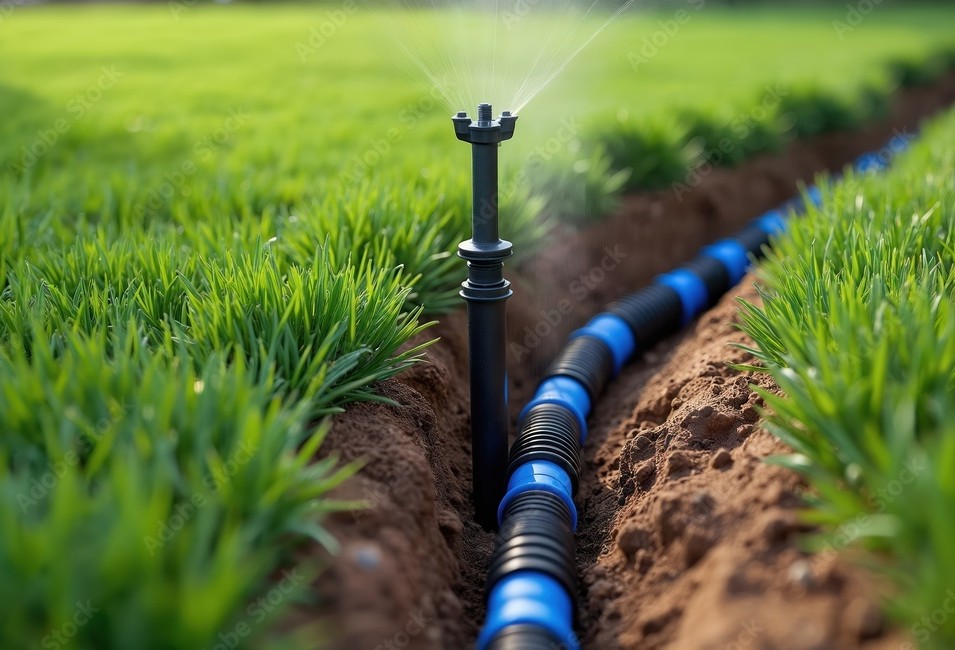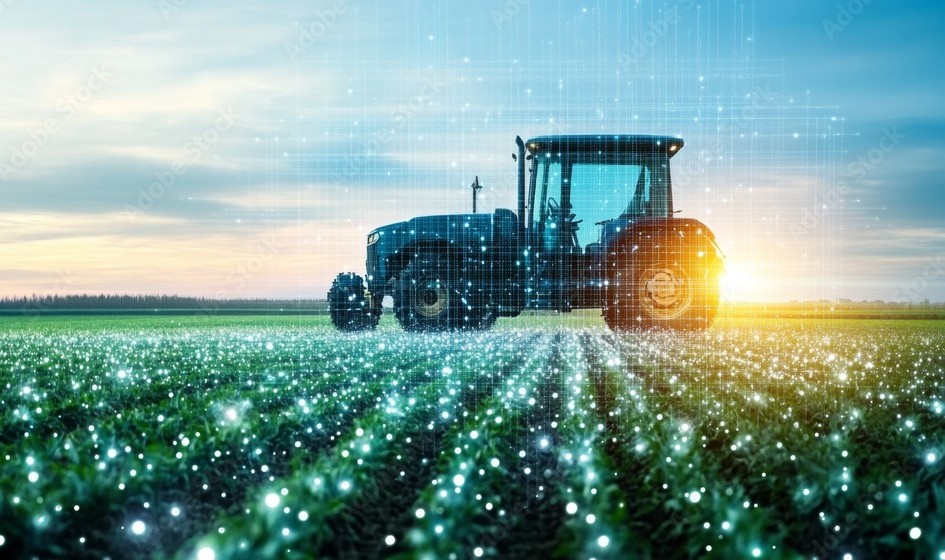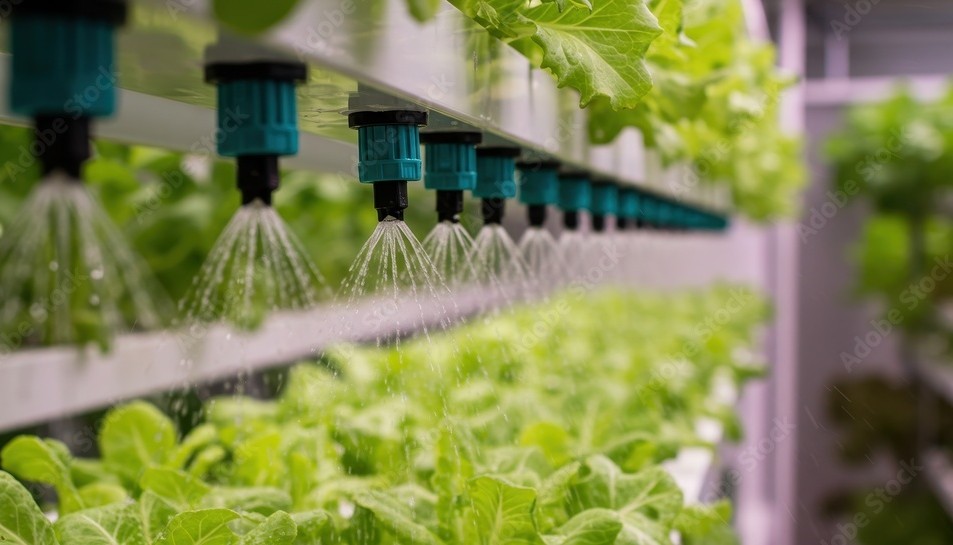Azolafam Ltd.: 4th May, 2025 { https://www.azolafam.com/ } The world is facing a significant challenge in…
Azolafam Ltd.: 26th June, 2025 | www.azolafam.com


In a world where the demand for food is rising faster than ever, the future of agriculture lies in one word: mechanization.
Agricultural mechanization—the use of machines, tools, and technologies to enhance farming efficiency—is not just a trend. It is a necessity for achieving food security, improving productivity, reducing drudgery, and attracting youth into agriculture. For countries like Nigeria and others across Africa, mechanization offers a pathway to modern, sustainable, and profitable farming systems.
Agricultural mechanization refers to the application of mechanical power and automation to agricultural activities—ranging from land preparation, planting, and irrigation to harvesting, processing, and storage.
Mechanization can be as simple as using improved hand tools or as advanced as GPS-enabled tractors, drones, and automated irrigation systems.

Mechanized farms can operate faster, more efficiently, and over larger areas. This results in higher yields, better time management, and improved crop quality.
Manual labor is intensive and often inefficient. Mechanization eases this burden, particularly for women and elderly farmers, and allows smallholder farmers to focus on more strategic aspects of their operations.
Using modern harvesters, dryers, and storage equipment significantly reduces post-harvest losses and preserves quality.
Young people are often discouraged by the back-breaking nature of traditional farming. Mechanization introduces technology, innovation, and business opportunities that can make agriculture attractive again.
Precision agriculture tools and equipment allow farmers to manage water, soil, and inputs more sustainably, reducing environmental impact and adapting better to climate challenges.

While the benefits are clear, the transition to mechanized farming is not without obstacles:
To drive mechanization forward, stakeholders must:

Mechanization isn’t just about machines—it’s about mindset, management, and market readiness.
When combined with good agricultural practices, digital tools, and market access, mechanization becomes a game changer for food security, youth employment, and rural development.
The future farmer is not just a tiller of soil. They are a tech-savvy, business-oriented problem solver, equipped with the tools and knowledge to farm smart, profitably, and sustainably.
Agricultural mechanization holds the key to unlocking a more productive, resilient, and youth-friendly farming sector in Africa. But to achieve this, governments, private sector players, researchers, and farmers must work together to overcome the challenges and create inclusive, scalable solutions.
At Azolafam, we are committed to supporting this transition by equipping farmers with knowledge, tools, and digital solutions that make modern farming possible and profitable.
🔗 Learn more at www.azolafam.com
📲 Download the Azolafam App to access farming tools, resources, and training.